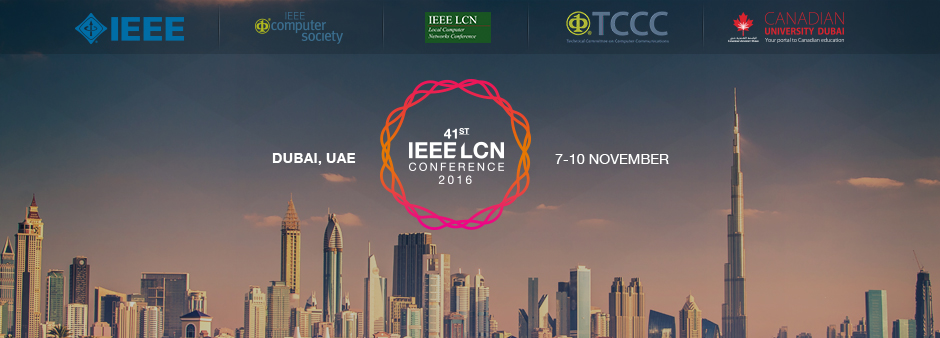LCN Keynote Presentations
Intelligent Adaptive Management in Local Wireless Networking
Prof. Dr. Adam Wolisz
Technische Universität BerlinGermany
ABSTRACT
Wireless technologies play a constantly increasing role also in the local connectivity. They differ from their wired counterparts by far not only in less reliable (and variable) medium and, thus, MAC protocols. Due to limitations in frequency availability, the need for coexistence of different networks (both different technologies and different instances of the same technology managed autonomously by different owners) becomes more and more recognized. The talk will address the questions of adaptive management in such networks.
ABOUT THE SPEAKER
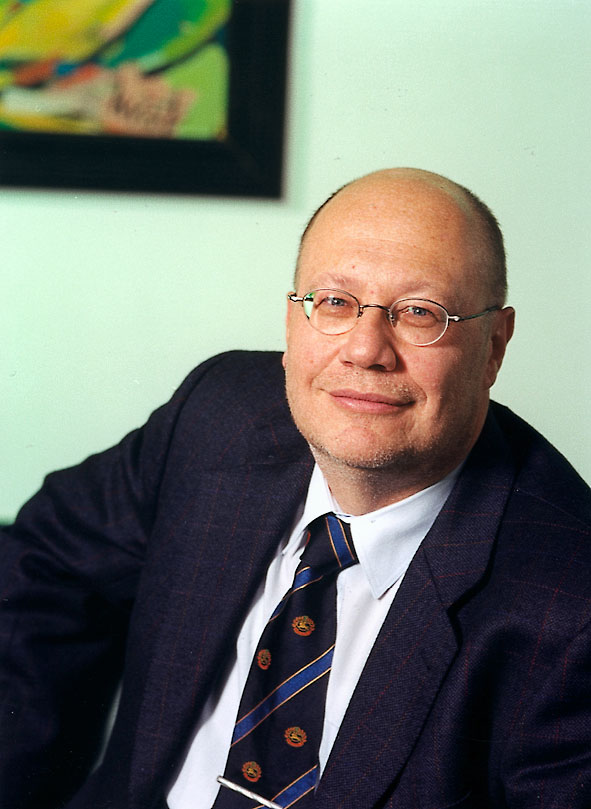 |
Adam Wolisz received the Diploma degree in 1972, the Ph.D. degree in 1976, and the Habil. degree in 1983, all from the Silesian University of Technology, Gliwice, Poland. He worked several years with the Deptartment of Complex Automation Systems (later Institute of Theoretical and Applied Informatics of the Polish Academy of Sciences) in Gliwice, Poland and GMED Fokus in Berlin leading activities in computer networks and distributed system design and evaluation. He joined Technische Universität Berlin, Berlin, Germany, in 1993, where he is currently a Chaired Professor in Telecommunication Networks and an Executive Director of the Institute for Telecommunication Systems. He is also an Adjunct Professor with the Department of Electrical Engineering and Computer Science, University of California at Berkeley, Berkeley, Calif., USA. His current research interests include architectures and protocols of communication networks, wireless/mobile networking, and sensor networks. |
30 years of Internet Security and the winner is ...
Dr. Marc Dacier
Principal ScientistCybersecurity Group
Qatar Computing Research Institute & HBKU
Doha, Qatar
ABSTRACT
Thirty years ago, Brian Reid published an article in the Software Engineering journal entitled "Lessons from the Unix Break-ins at Stanford" [1]. Two years later, we experienced the first major outbreak of the Internet with the so-called Morris worm that was using vulnerabilities that had been publicly reported but not fixed. These were the early days. Such errors were understandable. But have things really changed? In this talk, we will look at some of the past issues that we had to deal with, the lessons learned and, more importantly, the still ongoing plagues that we deal with on a daily basis. The talk will also look at emerging technologies from a security point of view. Are they going to help us, with respect to security issues, or at the contrary are they going to make things worse?
[1] Reid, B. (1986, October). Lessons from the UNIX Break-ins at Stanford. ACM SIGSOFT Software
Engineering Notes, 11(5), 29-35.
ABOUT THE SPEAKER
 |
Since September 2014, Marc Dacier, Ph.D., is leading the growing Cybersecurity Group at the Qatar Computing Research Institute (QCRI/HBKU). Dr. Dacier holds a PhD from the INPT, France, obtained in 1994 after 3 years at LAAS-CNRS. After one year as a security consultant in Paris, France, he joined IBM Research in Zurich, Switzerland to create the Global Security Analysis Laboratory. In 2002, he left IBM to become a professor at Eurecom, France. In 2008, he left Eurecom to join Symantec to build its European Research Labs and manage all the ongoing collaborative research projects, worldwide. He spent 2 years in the USA while in that role. An internationally recognized expert in cybersecurity, Dr. Dacier has served on more than 60 program committees of all major security and dependability conferences and as a member of the editorial board of several technical journals. |
LCN Workshop Keynote Presentations
CloudNA Workshop
Cloud Native Application Development
Vijay Rajagopal
PivotalAdvisory Platform Architect
MEA | Pivotal
Dubai, UAE
ABSTRACT
In the past decade, while enterprises across the world were busy adopting technology to support their business, startups such as Uber, Airbnb, Nest were disrupting traditional industries. Ever wondered how startups with limited resources could challenge traditional enterprises in their own business? The answer is taking a Software-first approach where business models are defined by software and not supported by software. This talk will discuss the emerging trends in software development that are collectively called as Cloud Native Computing Approach which allows companies to turn ideas to reality in days or weeks rather than months.
ABOUT THE SPEAKER
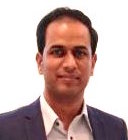 |
Vijay Rajagopal is an advisory consultant at Pivotal helping Enterprises to transform their software development culture and to help them adopt a silicon valley mindset. He helps customers adopt a Cloud Native approach for software development and thereby become a software-first business. Vijay started his career as a Technical Consultant with Oracle in 2003 and worked with Oracle for 10 years on various large scale implementations of ERP, CRM, SOA and Big Data technologies for a number of large enterprises in EMEA. He then spent couple of years in Software AG specializing in SOA, BPM and Big Data technologies and finally joined Pivotal to focus on modern software development. |
ON-MOVE Workshop
Optimizing HTTP-Based Adaptive Streaming in Vehicular Environment using Markov Decision Process
Prof. Salil Kanhere
Associate ProfessorSchool of Computer Science and Engineering
The University of New South Wales
Sydney, AUSTRALIA
ABSTRACT
Hypertext transfer protocol (HTTP) is the fundamental mechanics supporting web browsing on the Internet. An HTTP server stores large volumes of contents and delivers specific pieces to the clients when requested. There is a recent move to use HTTP for video streaming as well, which promises seamless integration of video delivery to existing HTTP-based server platforms. This is achieved by segmenting the video into many small chunks and storing these chunks as separate files on the server. For adaptive streaming, the server stores different quality versions of the same chunk in different files to allow real-time quality adaptation of the video due to network bandwidth variation experienced by a client. For each chunk of the video, which quality version to download, therefore, becomes a major decision-making challenge for the streaming client, especially in vehicular environment with significant uncertainty in mobile bandwidth. In this talk, we demonstrate that for such decision making, Markov decision process (MDP) is superior to previously proposed non-MDP solutions. Using publicly available video and bandwidth datasets, we show that MDP achieves up to 15x reduction in playback deadline miss compared to a well-known non-MDP solution when the MDP has the prior knowledge of the bandwidth model. We also consider a model-free MDP implementation that uses Q-learning to gradually learn the optimal decisions by continuously observing the outcome of its decision making. We find that MDP with Q-learning significantly outperforms MDP that uses bandwidth models.
ABOUT THE SPEAKER
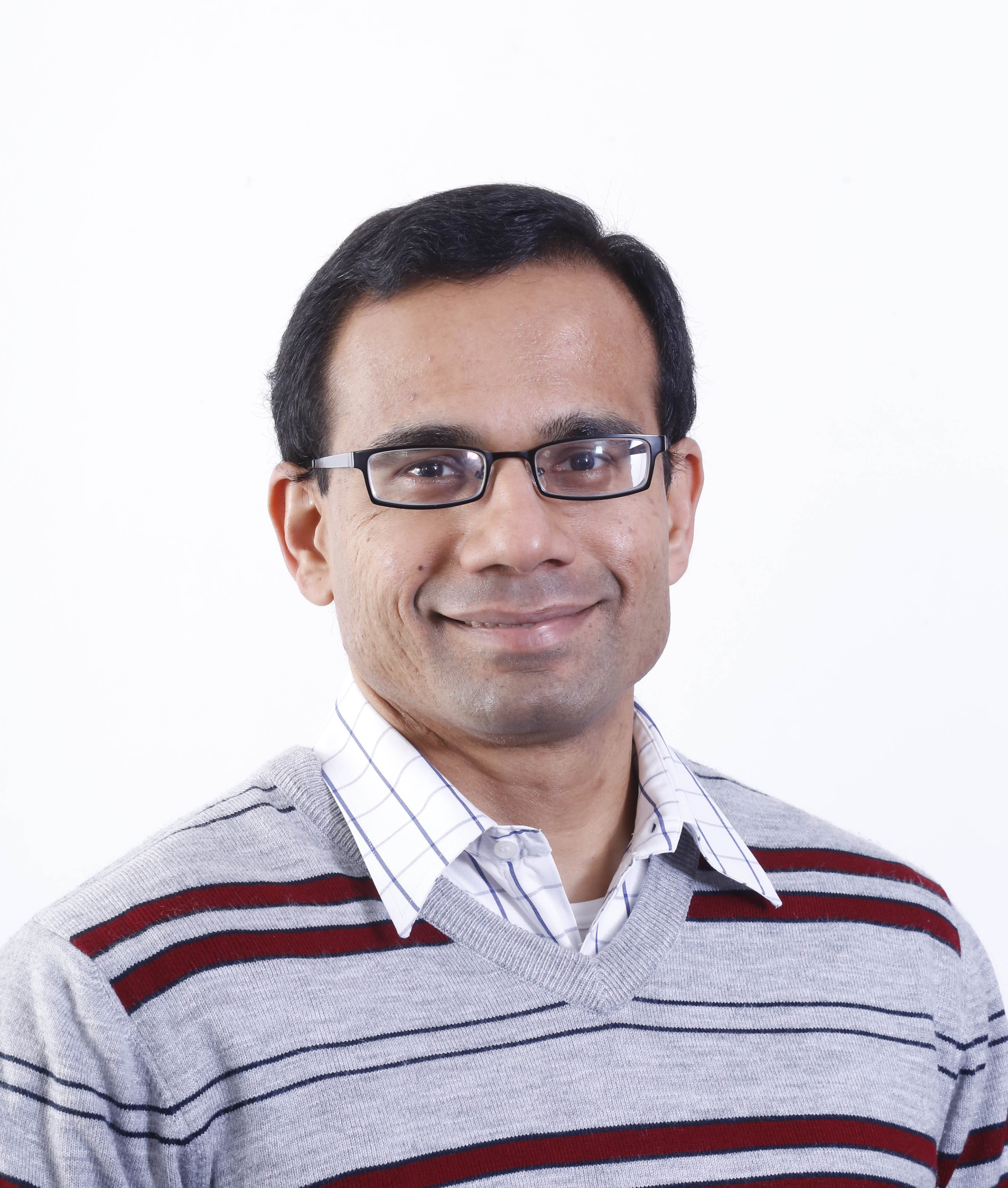 |
Dr. Salil Kanhere received his M.S. and Ph.D. degrees, both in Electrical Engineering from Drexel University, Philadelphia. He is currently an Associate Professor in the School of Computer Science and Engineering at the University of New South Wales in Sydney, Australia. His current research interests include pervasive computing, crowdsourcing, embedded sensor networks, mobile networking, privacy and security. He has published over 160 peer-reviewed articles and delivered over 15 tutorials and keynote talks on these research topics. He is a contributing research staff at National ICT Australia and a faculty associate at Institute for Infocomm Research, Singapore. Salil regularly serves on the organising committee of a number of IEEE and ACM international conferences. He currently serves as the Area Editor for Pervasive and Mobile Computing and Computer Communications. Salil is a Senior Member of both the IEEE and the ACM. He is a recipient of the Humboldt Research Fellowship in 2014. |
P2MNET Workshop
Big Sensed Data in the Internet of Things
Prof. Hossam Hassanein
Queens UniversityKingston, Ontario, Canada
ABSTRACT
The Internet of Things (IoT) is opening new horizons in systems intelligence, where physical objects (embedded with sensory, identification and networking capabilities) can interact with other objects through the global infrastructure of wireless/wired Internet. These systems can be monitored and controlled by filtering and processing collected data. Such intelligent design will naturally result is efficient and cost effective systems. Several architectures are being built to implement IoT from two different perspectives. The rise of ad hoc sensors, and new manifestations of sensing systems within the Internet of Things resulted in a tide of sensed data that is potentially drowning our communication resources. In this talk I overview the evolution of sensing systems as they contributed to Big Data, and outline the rising challenges in both communicating and understanding this data. I argue that a solution lies not in sensing systems alone, but in the expedited funneling and processing of data as we attempt to prune the unnecessary, and make sense of the valuable. The quest for energy efficiency that dominated Sensor Networks for so long is now matched with a more pressing demand for ubiquity and real-time latency.
ABOUT THE SPEAKER
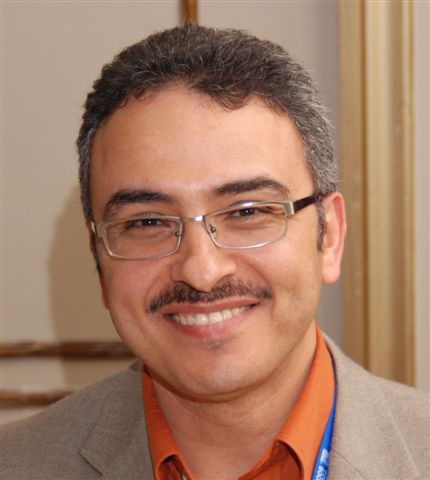 |
Hossam Hassanein is a leading authority in the areas of broadband, wireless and mobile networks architecture, protocols, control and performance evaluation. His record spans more than 500 publications in journals, conferences and book chapters, in addition to numerous keynotes and plenary talks in flagship venues. Dr. Hassanein has received several recognitions and best papers awards at top international conferences. He is also the founder and director of the Telecommunications Research Lab (TRL) at Queen's University School of Computing, with extensive international academic and industrial collaborations. He is a senior member of the IEEE, and is a former chair of the IEEE Communication Society Technical Committee on Ad hoc and Sensor Networks (TC AHSN). Dr. Hassanein is an IEEE Communications Society Distinguished Speaker (Distinguished Lecturer 2008-2010). |
SenseApp Workshop
Coordinate Systems for Complex Large-scale Sensor Networks
Prof. Anura Jayasumana
Colorado State UniversityFort Collins, Colorado, USA
ABSTRACT
Large networks of inexpensive devices such as sensors, actuators and smart RFIDs deployed over complex 2D and 3D physical spaces will be an integral part of the emerging Internet of Things. Networking operations such as self-organization, localization and routing depend on some coordinate system. While geographic coordinates fit well with our intuitions into physical spaces, their use is not feasible in harsh environments and in complex deployments. Virtual coordinate systems are able to better capture the network topology and thus provide a more natural network representation. Yet their theoretical foundations are not well developed and relating them to physical network characteristics is difficult. Derivatives of virtual coordinates, such as topology coordinates and directional virtual coordinates, mimic geographic coordinates but without the need for distance measurements. Using the theory of low-rank matrix completion, now it is possible to extract topology preserving maps even with partial virtual coordinate information or random pairwise distances. We propose a coordinate based paradigm that facilitates seamless integration of geographic and virtual coordinate information. The approach functions even with incomplete information, thus facilitating evolving systems whose performance improve over time as new information becomes available. A self-learning algorithm is presented for individual nodes to achieve network awareness, which we argue is a key step toward developing massive evolving int elligent sensor networks mimicking natural systems that get better and smarter over time.
ABOUT THE SPEAKER
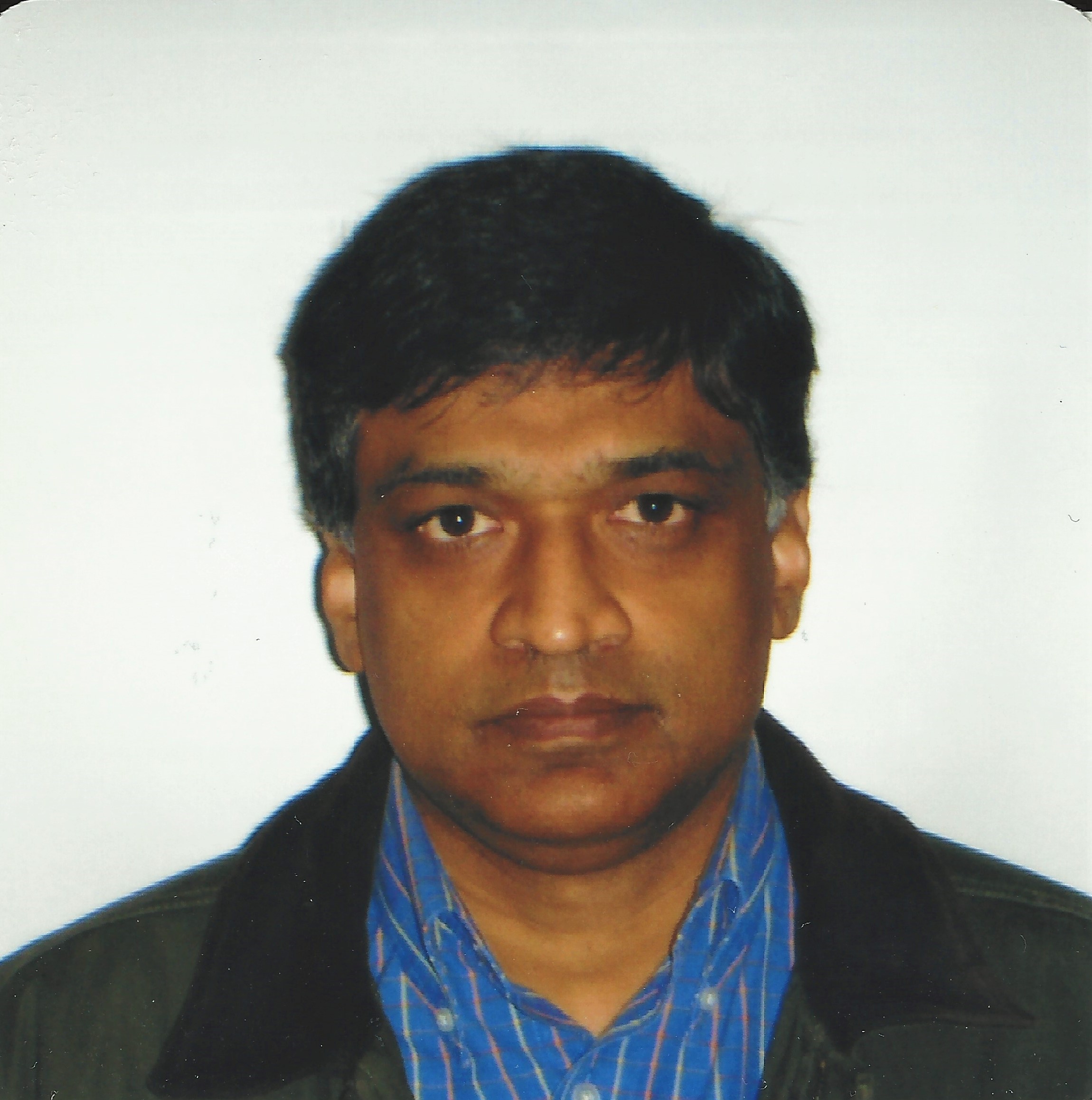 |
Anura Jayasumana is a Professor of Electrical and Computer Engineering at Colorado State University, where he also holds a joint appointment in Computer Science. He is the Associate Director of Information Sciences & Technology Center at Colorado State. He is a Distinguished Lecturer of the IEEE Communications Society. His research interests span high-speed networking to wireless sensor networking, and anomaly detection to DDoS defense. He has served extensively as a consultant to industry ranging from startups to Fortune 100 companies. He received the B.Sc. degree from the University of Morata, Sri Lanka and M.S. and Ph.D. degrees in Electrical Engineering from the Michigan State University. Prof. Jayasumana has supervised 20+ Ph.D. and 50+ M.S. students, holds two patents, and is the co-author of ~300 refereed papers. |
WNM Workshop
YouTube Popularity Dynamics and Third-party Authentication
Dr. Niklas Carlsson
Associate Professor (Docent+universitetslektor)Dept. of Computer & Information Science
Linköping University
Linköping, Sweden
ABSTRACT
This talk will present some of our measurement-based work on video popularity dynamics and third-party authentication. Video dissemination through sites such as YouTube can have widespread impacts on opinions, thoughts, and cultures. However, not all videos will reach the same popularity and have the same impact. In this talk, we first present some of our work on modeling video popularity dynamics and assess, both qualitatively and quantitatively, the impacts of various content-agnostic factors on video popularity. Second, we present an analysis of the third-party authentication landscape, including a comparison with the third-party content delivery landscape, a longitudinal study of current trends, as well as an evaluation of cross-site information leakages and privacy risks associated with these increasingly used services. If time permits, we may also discuss current personalization trends, and briefly introduce our novel design and implementation of an interactive branched video player solution that allows users to select their own paths through a branched multi-path video, while ensuring seamless playback even when the users defer their branch path choices to the last possible moment.
ABOUT THE SPEAKER
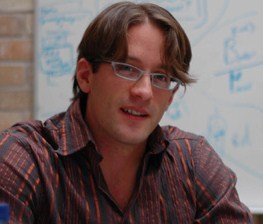 |
Niklas Carlsson is an Associate Professor at Linköping University, Sweden. He received his M.Sc. degree in Engineering Physics from Umeå University, Sweden, and his Ph.D. in Computer Science from the University of Saskatchewan, Canada. He has previously worked as a Postdoctoral Fellow at the University of Saskatchewan, Canada, and as a Research Associate at the University of Calgary, Canada. His research interests are in the areas of design, modeling, characterization, and performance evaluation of distributed systems and networks. He actively serves on international program committees and publishes research papers in leading conferences. Current community involvement includes organizing ACM GreenMetrics (since 2009), being TCP co-chair of IEEE MASCOTS 2015, being an associate editor for IEEE Transactions on Sustainable Computing, being the current chair of IEEE STC on Sustainable Computing, and the acting secretary-treasurer of ACM SIGMETRICS. |
